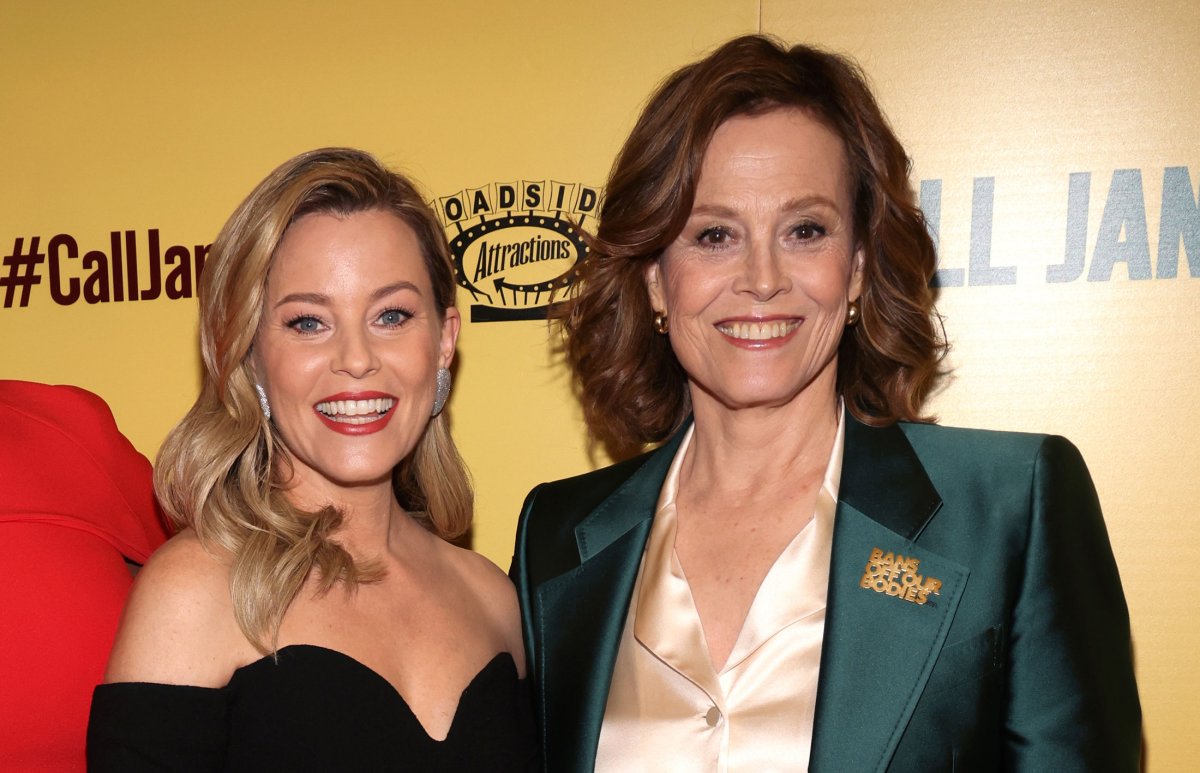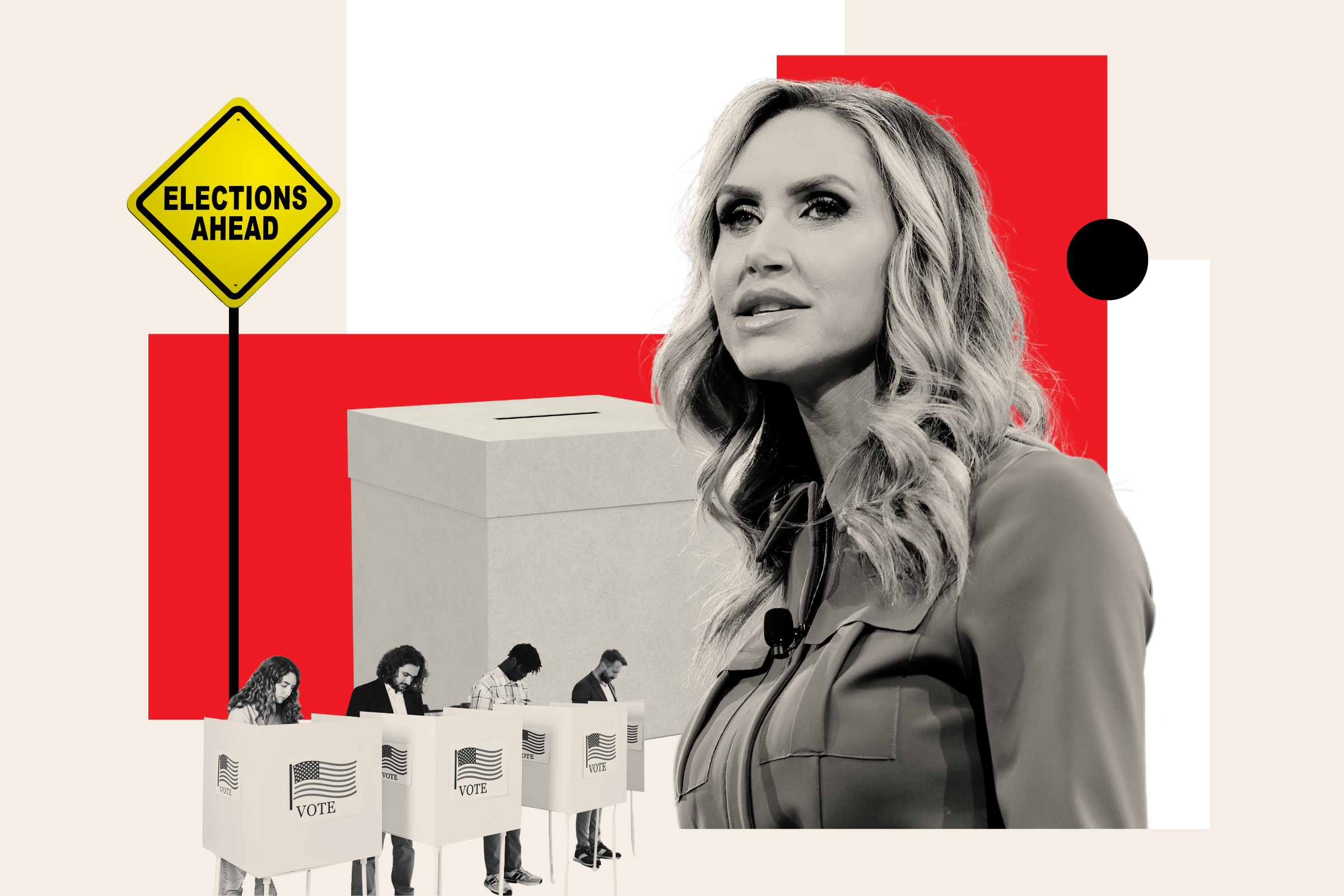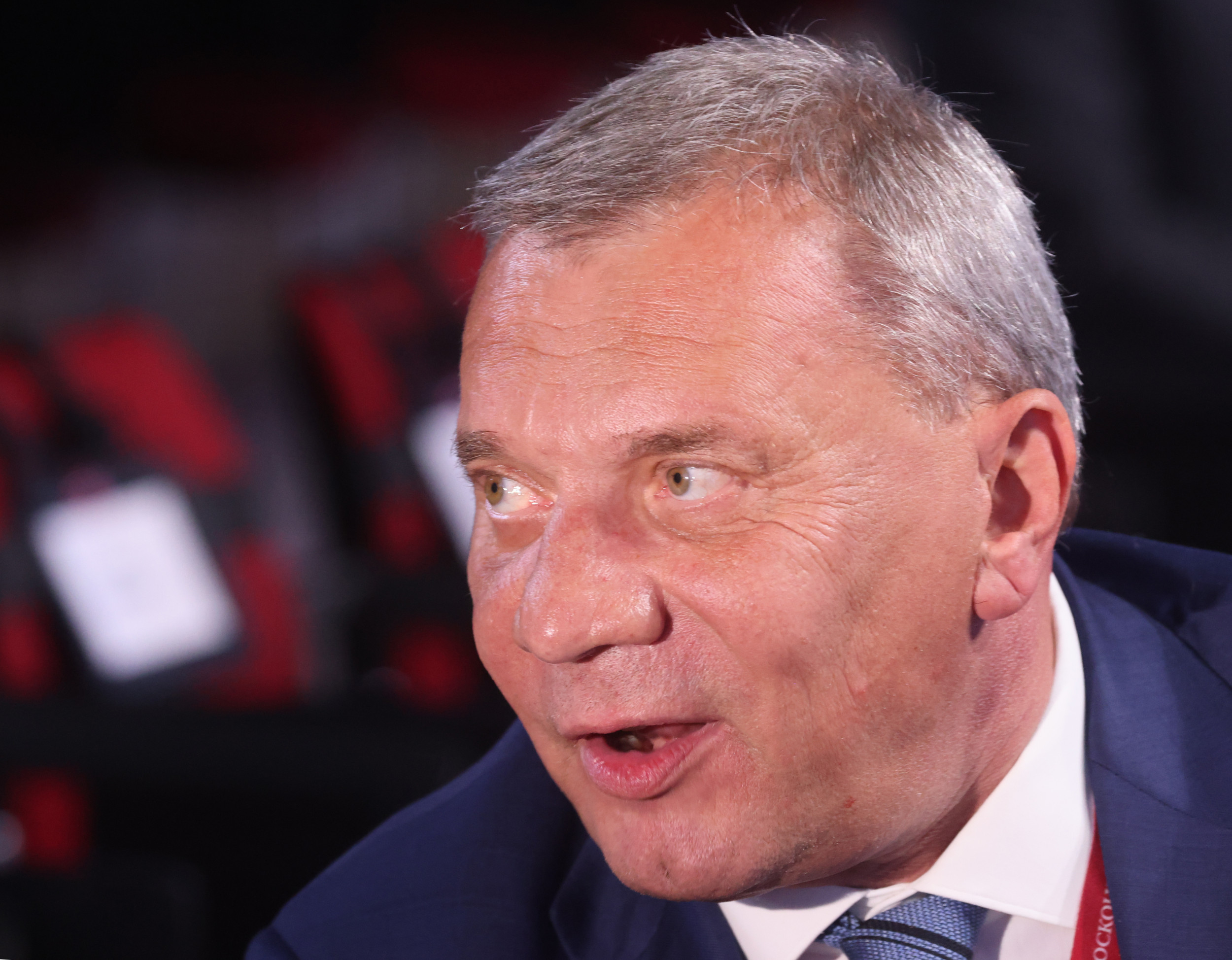When Elizabeth Banks woke up on June 24 and learned that Roe v. Wade had been overturned, she started to cry—but she didn't wallow in despair.
Still in a white nightshirt and black-framed glasses, the actor shared her reaction to the news on Instagram. In the short video, Banks looks straight into the camera and vows with quiet determination: "I'm gonna keep fighting...It's very hard to be told by your country that you are not as important—your life that you're actually living—is not as important as some dividing cells."
Banks brings that fighting spirit to her new film, Call Jane. She shines as Joy, a traditional 1960s suburban housewife who seeks an abortion after learning her pregnancy is life-threatening. Sigourney Weaver co-stars as Virginia, the fearless leader of the Jane Collective, a real-life underground group of activists who helped women access safe abortions.
"As long as there have been pregnant people, there have been people that don't want to be pregnant," Banks told Newsweek in a joint interview alongside Weaver. "Anybody making that decision needs to understand that they are not alone."
The spirit of communal effort runs throughout the film, which was directed by Phyllis Nagy, who previously received an Oscar nomination for Best Adapted Screenplay for 2015's Carol. Call Jane debuted at the 2022 Sundance Film Festival and was inspired by the Jane Collective's actions, with Weaver's character loosely based on collective founder Heather Booth. It opens in theaters everywhere Friday.
Call Jane is set five years before 1973's landmark Roe v. Wade decision, but its message feels just as timely today as it would've back then. Reproductive rights are on the minds of many ahead of this year's midterm elections, and Banks and Weaver hope that their new feature will ultimately help to destigmatize the issue. Both lead actors have long been vocal proponents for women's healthcare; Weaver even once reportedly challenged then-President Ronald Reagan about his abortion stance during a White House Christmas party.
Read Newsweek's conversation with Banks and Weaver below. This interview has been edited and condensed for the sake of length and clarity.

Call Jane ends with a sense of optimism. What would you say to women today who feel helpless now that Roe v. Wade has been overturned?
Sigourney Weaver: When I look at this movie, The Janes sort of infuse me with a spirit of: "Don't look at the politics, look at what needs to be done." Whatever needs to be done, you can get done with other women.
And I just feel like it's hard for me not to think back to Roe v. Wade ending, and trying to figure out why it happened, how it could have happened in this country, where more than 50 percent of the country are women, and we lost this fundamental human right.
But in fact, the landscape has changed. There's so much we can do to support each other, and we have elections coming up. So let our voices be heard. If there's one thing I hope when women watch this movie is just to remind us of how powerful the sisterhood is, and really how unpolitical this subject is. It's a personal experience. It's part of a woman's healthcare, and hopefully, it depoliticizes it for women who see it.
I've also heard it said that everyone knows someone who's had an abortion. I don't want to pry, but do you feel comfortable opening up about what was personal about this film to you?
Elizabeth Banks: Well, first of all, yeah: One in four women will seek abortion healthcare in their lifetime. So it is true that nearly everyone has a sister, mother, daughter, friend who had to seek abortion healthcare. And one of the things I like about the movie is it just normalizes the whole thing. It makes it part of the fabric of women's healthcare choices, makes it part of the fabric of family planning.
My character is a mother, and more than half of all people seeking abortion healthcare are already parents. These are typically women who want to focus on or plan their families, the children they already have, much like my character Joy wants to do. She wants to be there for the daughter she already has.
Sigourney, could you talk about making a film like this, at a time when women's rights are at stake, and the challenges that it faced? I believe I saw you during a recent television interview saying that some states didn't want to host the filming. Is that right? And if so, which ones?
Weaver: I don't know which ones. I only know that Connecticut was open-minded enough to allow us to come and shoot this movie in Hartford. When I heard from the producer that states had said, "No thank you; we want no part of it," I remember thinking: "What does that mean?" I was so surprised because I thought it was a well-established constitutional right—that it was sort of, as Liz says, part of the fabric of women's health care. And you know, the fact that now, even healthcare during miscarriage is forbidden in certain states, it's just unbelievable. And I hope the movie can remind us that this is a natural part of women's health care, and that it's not a political thing, and maybe it will depolarize us a little bit.
One of you mentioned the midterms, and with the Dobbs decision from earlier this year, I wanted to ask a little bit more about the timing of the film: When it was written, when production started and also, whether you anticipated it being this urgent?
Banks: The film was written several years ago, actually; I think I've been attached to it for more than three years. You know, we meant to make it before the pandemic even happened, and so this has been something on our minds for quite some time. Phyllis Nagy came on board and did such an amazing job pulling this all together. Little time, little money to do so, attracting an incredible cast. We felt urgency in that we wanted to honor The Janes. We wanted to honor the history that they created in Chicago in the late '60s, and show people what a pre-Roe world looked like for women: How dangerous it was for so many women whose lives were at stake.
That was happening in abortion deserts across the country, where—whether it be in Mississippi, Louisiana, Alabama—these are places where abortion was already so hard to access that essentially women's rights to it were nil as it was. We always were making the movie with that in the background, knowing that women needed more access to safe legal abortion in this country.
So, the Dobbs decision of course has added more urgency. But there are many millions of women in our country who have been feeling the effects of the conservative GOP's movement, anti-abortion movement for many years. I feel like this story was important, partially as the historical record to honor those women, but partially as a way to hold a mirror up to too much of the country that has already taken away women's rights.
Could you describe the overall environment of the U.S. when the fight around Roe was first happening? What was the feminism movement feeling like? And compare that also with where we are today.
Weaver: I feel like between protesting the war, protesting for civil rights, it was a great political awakening for a lot of the country—certainly for women. When I look back, when I see pictures of the women wanting equal rights, equal pay, I'm just astonished. They just looked unstoppable to me, and kind of wild and like, "We want it now."
There is a spirit like that in The Janes. They're very determined, practical. They're just, you know, providing this service with love and respect, and I just think it will maybe, hopefully, remind us not to get discouraged but to just like Virginia, who leads this group of amazing women, she's just going to do what's practical, what's going to get them to the point they need to get to. So I take great inspiration from that and from the women in the story and The Janes themselves in real life.
Where were you whenever you first found out about Dobbs, and what was your first reaction?
Banks: I actually made a video about it. It's on my Instagram. Anyone can watch it. I woke up, I found out, I started hysterically crying. [laughs] Then I made an Instagram video. I just wanted to remind women that they were not alone, if they were feeling as despondent as I was being told by the country in which I live that is supposed to be the greatest democracy in the world, that I no longer have the same rights that I had the day before. That my children have fewer rights than I did. That anybody could be forced to become, by the government, a parent before they are ready to do so.
I think it's just maddening, and it makes no sense when it's actually looked at from a standpoint of equality in our country. So the video's there, you can watch it. I was pretty despondent on the day, but I also made sure to say first and foremost that I will continue to fight, and I will.
I mentioned at the beginning of our interview how the end of the film feels really optimistic. But do you think that viewers are going to feel more gutted because of that optimism at the end, as the feminist movement is burgeoning? Or are we supposed to take away from the film that that sort of progress is again possible?
Weaver: Well, I love that moment where we start to plan. What's next? Equal pay, piece of cake. You know, I think the movie is entertaining on many levels. And their friendship together is good fun. And I think that it just shows you that you cannot take these things for granted. You have to get it in black and white. We have to do whatever we can so it's not the decision of nine judges. It is the decision of our representatives and of people around the country. That's the only way we will get our rights back. And it's like, you can congratulate yourself for a few minutes. But you know, there's work to be done, as Virginia would say. She'd say, "All right, let's go at it."
Banks: I agree. I also really love that Chris Messina, who plays my husband in the film, becomes one of the advocates standing side by side with these women because it's a great reminder to the men to get involved. We don't get pregnant by ourselves and we can't fight these laws by ourselves. We need them. We need men's support.
Uncommon Knowledge
Newsweek is committed to challenging conventional wisdom and finding connections in the search for common ground.
Newsweek is committed to challenging conventional wisdom and finding connections in the search for common ground.
About the writer
Simone Carter is a Newsweek reporter based in Texas. Her focus is covering all things in national news. Simone joined ... Read more
To read how Newsweek uses AI as a newsroom tool, Click here.






